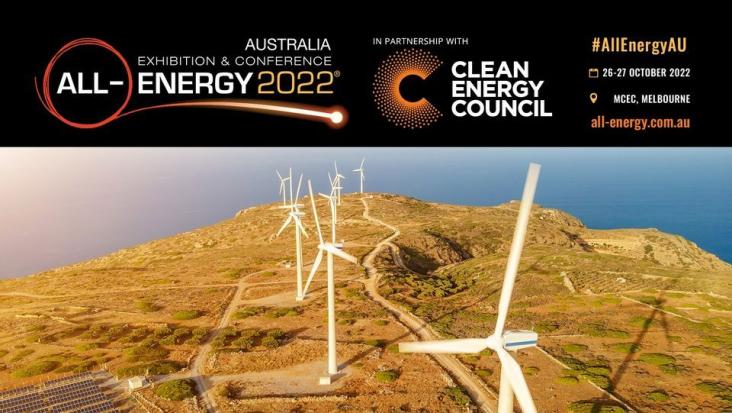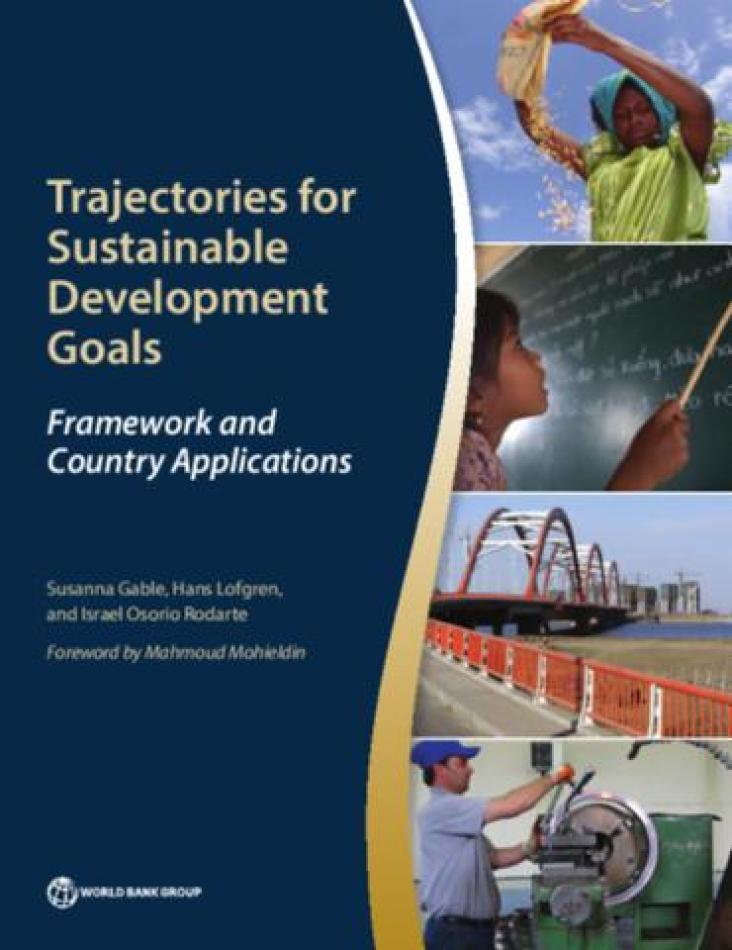
All-Energy Australia is where the country’s clean energy industry meets over two inspiring days to access the latest, cutting-edge information. All-Energy Australia combines a free-to-attend, business-to-business, world-class multi-stream conference with an unrivaled professional development and networking forum alongside a comprehensive exhibition. Clean energy professionals and end-users benefit from unique access to a showcase of innovations in renewable energy including sustainable transport, solar technology, energy storage, energy efficiency and future grid.

This book presents the country development diagnostics post-2015 framework, developed by the World Bank Group to assess the country-level implications of the post-2015 global agenda, as well as brief, ‘at-a-glance’ applications of the framework to ten countries: Ethiopia, Jamaica, the Kyrgyz Republic, Liberia, Nigeria, Pakistan, Peru, the Philippines, Senegal, and Uganda.
Smart cities use data and technology to drive energy efficiency and are on the increase. The advantages of integrating energy efficient technologies into building planning and urban modelling are understood, but what are the risks? This article considers the threat of cyber crime on smart cities and the technology that these cities rely on, drawing out the links between SDG 7 and SDG 9. On the one hand, smart cities support the need for open data whilst on the other hand increased protection and security of that data will be required to avoid the threat of cyber attacks.

The International Water Summit (IWS) is a global platform for promoting water sustainability in arid regions by bringing together world leaders, field experts, academics and business innovators to accelerate the development of new sustainable strategies and technologies. Videos from the 2017 summit cover a wide range of technologies and innovations which support SDG 6 Clean Water and Sanitation and SDG 11 Sustainable Cities and Communities.
The Blueprint for Business Leadership on the SDGs aims to inspire all business — regardless of size, sector or geography — to take leading action in support of the achievement of the Sustainable Development Goals (SDGs). It illustrates how the five leadership qualities of Ambition, Collaboration, Accountability, Consistency, and Intentional can be applied to a business' strategy, business model, products, supply chain, partnerships, and operations to raise the bar and create impact at scale. The Blueprint is a tool for any business that is ready to advance its principled approach to SDG action to become a leader. This chapter relates specifically to SDG 11.
Overtourism' is likely to become a commonplace term over the next few years as the travel industry grapples with sustainable tourism. Addressing the issues faced will help to advance SDG 8.9 to devise and implement policies to promote sustainable tourism that create jobs and promote local culture and products as well as SDG 11.4 to strengthen efforts to protect and safeguard the world’s cultural and natural heritage.

In the US, land owners are liable for environmental impacts in relation to contaminated land. This Lexis Practice Advisor practice note explains what due diligence should be carried out in relation to the purchase of land/buildings to assess the environmental risk. Environmental due diligence advances SDG 3.9 to substantially reduce the number of deaths and illnesses from hazardous chemicals and air, water and soil pollution and contamination, and generally supports SDG 11 Sustainable cities and SDG 15 Life on land.

Growing demands from brand owners and consumers for fibres and textiles that are more environmentally friendly are now creating a huge market for bio-based polymers produced using renewable feedstocks. The textile and packaging industries have a significant impact on the environment: this report highlights how recent developments in new materials support SDG 9 Industry, Innovation and Infrastructure, and SDG 7 Affordable and Clean Energy.
Achieving SDG 11 will require new technologies and innovations to be deployed in the real-estate sector. Already blockchain and artificial intelligence form the foundations of smart buildings, using data on residents' personal preferences to be able to improve efficiency and comfort. This article explores the different technologies and innovations that provide significant untapped potential in the real estate sector.

The Business Case for Carbon Neutral Cities session was hosted by UNEP and Sustainable Energy for All in collaboration with the Danish Ministry of Foreign Affairs, the Swedish Trade and Invest Council and Empower, the largest district cooling operator in the world. Held at La Galerie des Solutions (by World Efficiency Solutions), an exhibition of climate solutions, that took place during the COP21, in immediate proximity to the negotiations zone.
